LATVIJA.FM
Jaunlatvieši: The Awakening That Forged a Nation
In the heart of the 19th century, a quiet revolution began to stir across the Latvian countryside—not one marked by muskets or barricades, but by language, learning, and a longing for dignity. The Jaunlatvieši, or Young Latvians, were a generation of thinkers, teachers, and poets who believed that the Latvian people—then mostly peasants under foreign rule—deserved to be more than the laboring class of the Russian Empire. Through newspapers, songbooks, and scholarly debate, they sowed the seeds of national consciousness, inspiring Latvians to take pride in their language, culture, and history. Their movement, though born in classrooms and village halls, would come to define the very idea of Latvian identity.
The Historical Backdrop: A Land Without a Voice
By the early 1800s, Latvia was a territory of the Russian Empire, and its native people—mostly Latvian-speaking peasants—lived under the cultural and economic dominance of Baltic German nobility. The Latvian language was rarely written, schools taught in German or Russian, and the rich oral heritage of folklore and song remained undocumented. For centuries, Latvians had been denied the tools to define themselves in the written word. But the rise of nationalism across Europe during the mid-19th century began to ripple into the Baltics—and the Young Latvians would be the first to channel that current into a national awakening.
A Generation of Belief: Who Were the Jaunlatvieši?
The Jaunlatvieši were not a formal political party but a loosely connected intellectual and cultural movement. Many were schoolteachers, pastors, and university students—men like Krišjānis Valdemārs, Juris Alunāns, and Krišjānis Barons, who emerged as pioneers of a new Latvian self-awareness. They were inspired by Enlightenment ideals, the German romanticism of Herder, and the broader rise of ethnic nationalism sweeping across 19th-century Europe. What united them was a shared belief: that Latvians were not just subjects of empire, but a people with a soul, a language, and a rightful place in history.
Language as Liberation
Central to the Jaunlatvieši’s mission was the elevation of the Latvian language. They believed that without a strong literary tradition, Latvians could never see themselves as a nation. Juris Alunāns began creating new words to expand the language’s expressive power, while newspapers like “Pēterburgas Avīzes” gave Latvians a new platform for written self-expression. For the first time, Latvians read essays on politics, agriculture, literature, and culture—in their own tongue. Latvian was no longer just the language of the hearth and field; it became a language of ideas.
Songs of the People: Preserving Folklore
One of the movement’s crowning achievements was the systematic collection and publication of Latvian dainas—traditional folk songs. Krišjānis Barons, often called “Father of the Dainas,” would eventually compile hundreds of thousands of these short poetic verses, preserving an oral tradition that spanned generations. The Jaunlatvieši recognized that folklore was not just quaint entertainment—it was a cultural treasury, filled with the wisdom, humor, and soul of a people long denied a place in written history. By printing dainas, they enshrined Latvian identity in ink and paper.
Challenging the Status Quo
Though the Jaunlatvieši avoided outright political rebellion, their cultural work had radical consequences. By asserting the value of the Latvian language and peasant culture, they challenged the supremacy of the Baltic German elite and the assimilative pressures of the Russian imperial system. Their calls for educational reform, national pride, and civic literacy laid the groundwork for future generations to demand political autonomy. Without the Jaunlatvieši, the Latvian national movement that led to independence in 1918 might never have found its footing.
Enduring Legacy
Today, the influence of the Jaunlatvieši can be felt across Latvia—in schools, libraries, monuments, and songs. They were the first to declare, with clarity and courage, that being Latvian was not something to be apologized for, but something to be celebrated and protected. In their pens, the idea of a Latvian nation was born. In their legacy, Latvia continues to find strength.
